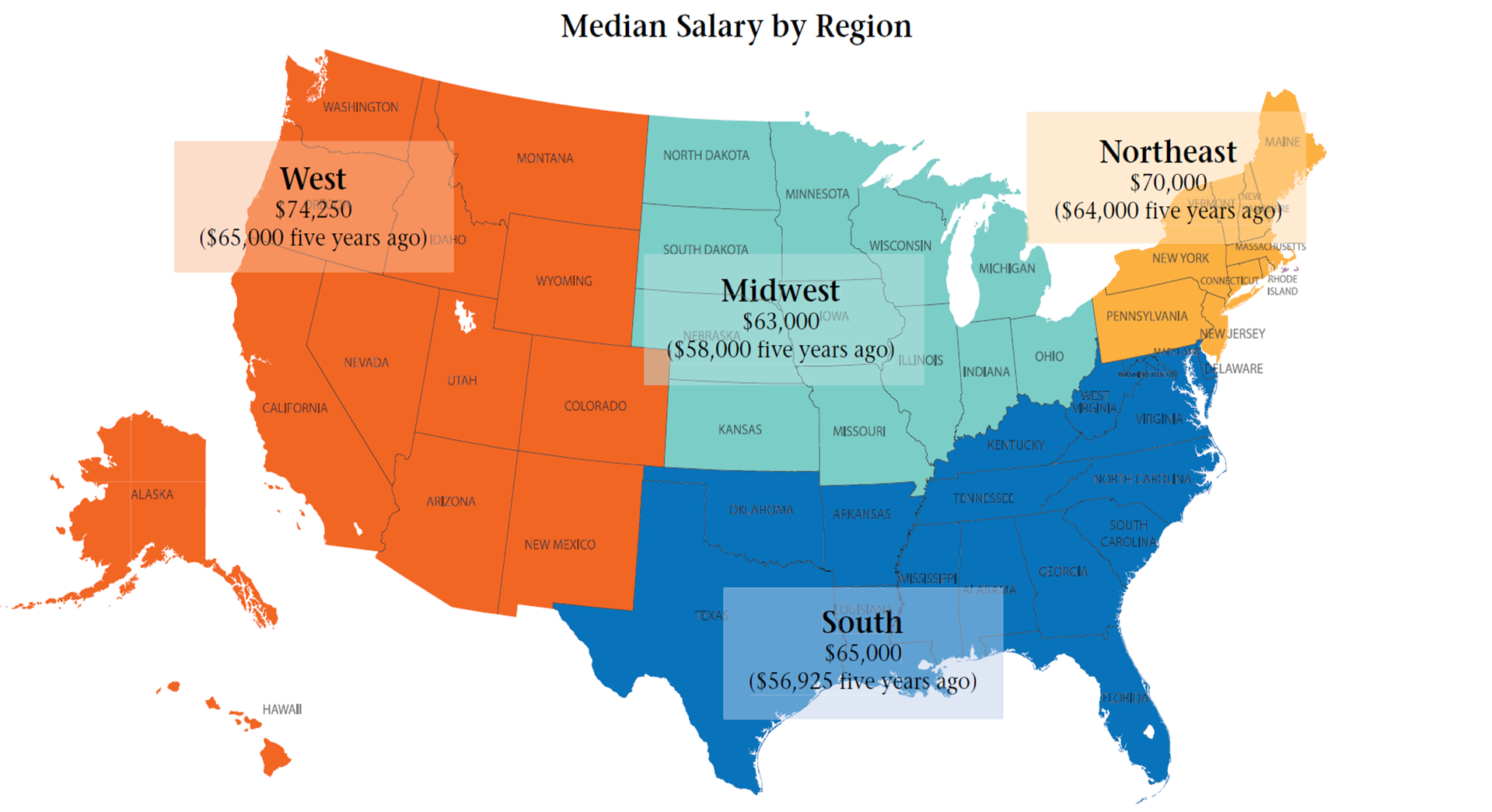Editor’s Notebook: Closing the Gap
Have you ever wondered how your salary compares to someone of a different ethnicity who has the same level of education and experience as you? How do salaries of nurses living in the West compare to those in the Northeast? Is the increase in salary really worth the time and money involved in earning a PhD? Discussing salaries in the workplace is often considered taboo, and a Google search can only provide you with a general idea of how your salary stacks up in your field. That’s why Minority Nurse reached out to over 3,000 nurses across the country to get the inside scoop for you in our first annual salary survey. In honor of April being National Minority Health Month, our spring issue is also chock-full of the latest health news to equip you with the resources you need to help close existing disparity gaps.
Do you work with children? Would you know how to administer epinephrine to a child suffering from a severe allergic reaction? Because children from underserved groups are particularly vulnerable to food allergies, it’s crucial that nurses working with these young kids learn how to recognize and respond to severe allergic reactions. Pam Chwedyk gives you the know-how to take control in an emergency situation.
Since the completion of the Human Genome Project, we have made a lot of progress in the fields of genetics and genomics. But genetics may not have been part of your curriculum unless you are a recent graduate. All nurses owe it to themselves—and to their patients—to have a basic understanding of genetics so that they can easily identify high-risk patients. Consider becoming a genetic nurse specialist and you can learn firsthand how to help prevent a disease rather than just care for an existing one. Kimberly Bonvissuto highlights the important role genetics will play in patient care going forward.
As this issue went to press, news had just broken out that a baby had been cured of HIV. Learn more about the latest developments in treating HIV/AIDS and help your afflicted patients live longer, fuller lives. Because an AIDS diagnosis is no longer an automatic death sentence, it should come to no surprise that the disease is increasingly common among the elderly. Jeanette Centeno and Archana Pyati investigate the challenges that come along with caring for an aging population.
Administering medications may seem second nature to you, but it often goes hand in hand with a patient’s good (or bad) prognosis. Reverend Steven Wheeler cautions you to switch off the autopilot and worry about more than just the proper dosage. Consider the bigger picture—including the patient’s diet, their other prescribed medications, and how they might interact—to avoid the types of errors Wheeler describes.
Are you burdened with piles of paperwork, but skeptical of technology? Check out Sonya Stinson’s article on the latest developments in health information technology and find out how these tools can help streamline your hospital’s workflow. Not only will they improve the quality of patient care, but they’ll also allow you to spend less time deciphering doctors’ scribblings and more time at the bedside. Now that’s what we call a win-win.



